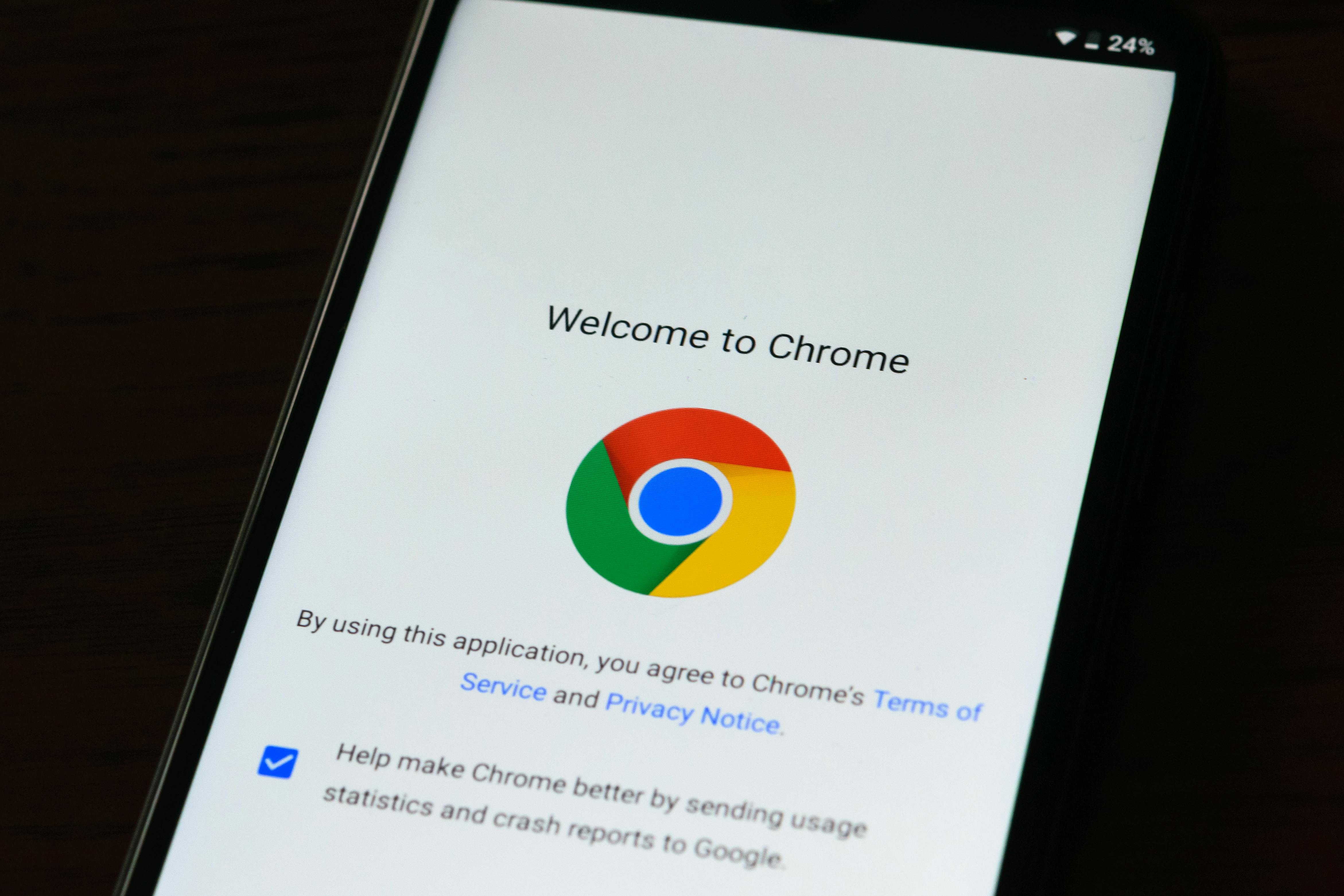Google’s dominance in digital advertising is under legal fire. With the antitrust trial unfolding, regulators are digging into the very foundations of the company’s search and ad empire. But beyond the courtroom drama, marketers are left wondering: what happens if Google gets knocked off balance?
Let’s break down what’s happening, what’s at stake, and what it could mean for the future of advertising.
US v. Google: Why This Antitrust Trial Matters
The Department of Justice isn’t pulling punches. At the heart of the case is a claim that Google illegally maintained monopolies in both search and search advertising by locking in deals that made it the default engine on most devices—think Apple’s Safari, Mozilla’s Firefox, and beyond.
These defaults, regulators argue, create a closed ecosystem that’s tough for competitors to break into, even if they offer a better product or experience. And when competition disappears, so does the pressure to innovate—or keep ad prices in check.
Google, of course, says it wins because it's the best. But the trial is challenging that narrative in a way that could have real ripple effects across the digital ad landscape.
The Future of Google Search: Unbundled, Rebuilt, or Business as Usual?
One of the most closely watched outcomes of this trial is whether Google might be forced to separate parts of its business—particularly search from its broader ad network.
If that happens, the experience of search as we know it could change. Imagine:
- A version of Chrome or Android where Google Search is no longer the automatic go-to.
- A scenario where advertisers have to rethink their keyword strategy because Google’s data advantage is suddenly limited.
- A search market where new players (yes, even Bing) actually have a real shot.
Even if no breakup occurs, increased oversight could mean slower rollouts of new ad products, more transparency requirements, or tighter restrictions on how user data can be used.
Lining Up for Chrome: Why Google’s Browser Is Also Under the Microscope
Search may be center stage, but Chrome is a major supporting character. Google’s browser doesn’t just connect people to the web—it’s also a powerful tool for collecting data and steering users toward Google properties.
Regulators are asking tough questions about how Google uses Chrome’s default settings and cross-platform integrations to reinforce its dominance. And if regulators push for more open-choice prompts or restrictions on self-preferencing, we could see:
- Changes to how search engines are set during setup flows.
- Limits on how Chrome tracks behavior across sites.
- More pressure on Google to share space (and data) with rivals.
This could lead to a more fragmented, and possibly more competitive, ecosystem, but it could also create friction in the user journey, which might frustrate both consumers and marketers.
What Does This Mean for Digital Advertising?
For now, Google still controls a massive share of the search and programmatic ad markets. But that grip might loosen.
Here’s what advertisers and agencies should keep an eye on:
New (or renewed) players: A shift in search defaults could breathe new life into engines like Bing, DuckDuckGo, or even AI-first alternatives. If they gain traction, expect new ad formats and targeting options.
Pricing pressure: If Google faces real competition, advertisers may see changes in cost-per-click or cost-per-impression models. For performance marketers, this could open new opportunities—or demand new strategies.
Data and privacy updates: Any regulatory action around Chrome or ad tracking could accelerate changes to how data is collected and shared, especially with cookies on their way out. Advertisers may need to lean more heavily on first-party data, contextual targeting, and creative optimization.
Platform fragmentation: The days of a one-stop-shop for search and display might be fading. Brands should prepare to diversify spend and get comfortable working across a broader mix of tools, platforms, and partners.
Looking Ahead
This trial isn’t just about the past; it’s about the future of how digital attention is bought, sold, and optimized.
Whether Google walks away relatively unscathed or emerges with major restrictions, the landscape is shifting. For advertisers, that means a renewed focus on agility, experimentation, and resilience. Google may still be the biggest name in the game—but it's no longer the only one worth watching.
Now’s the time to revisit your media mix, test alternative channels, and get familiar with the up-and-comers. Because if the antitrust case delivers even part of what it promises, the digital ad market may look very different, very soon.
SO, WHERE DO YOU FIND THIS PARTNER?
Well, aren’t we glad you asked! We at DigiCom are obsessive data-driven marketers pulling from multi-disciplinary strategies to unlock scale. We buy media across all platforms and placements and provide creative solutions alongside content creation, and conversion rate optimizations. We pride ourselves on your successes and will stop at nothing to help you grow.




